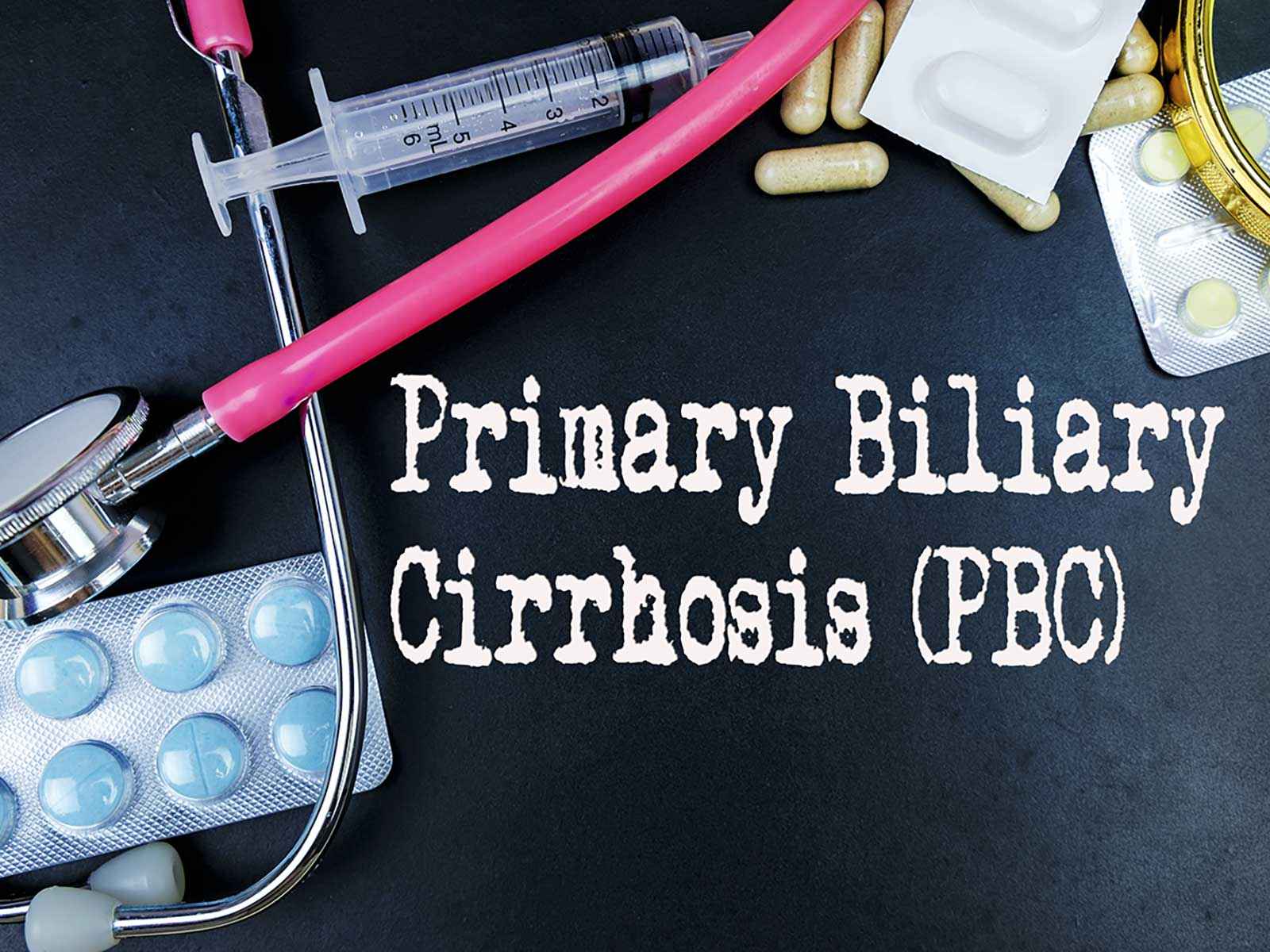
Portal vein thrombosis occurs when blood clots obstruct the normal blood transfers through the portal vein which supplies blood to the digestive organs to the liver. This obstruction paralyses the liver to filter the blood correctly and without any treatment, it may grow to complications like portal hypertension or gastrointestinal bleeding.
Early on, symptoms may be mild or absent. As PVT progresses, you may notice:
Several factors can increase the risk of clot formation in the portal vein:
Having a team of board-certified gastroenterologists, a combination of advanced imaging, personalized anticoagulation plans, and continuous liver-health support are the main factors that enable our team to offer patient-centered care to portal vein thrombosis at GastroDoxs. We boast of quick access to diagnostics, open communication throughout the process, and a caring attitude to your patients. Are you prepared to save your liver and have healthy blood? Make your appointment now and have our Jersey Village staff help you attain a permanent relief
We've successfully treated more than 1.5K patients, helping individuals improve their digestive health and overall well-being through expert, personalized care.
With over 20 years of experience, GastroDoxs has been a trusted provider of gastroenterology care, focusing on delivering the best outcomes for patients
Abdominal infections, cancer, trauma, and recent surgery are all causes where portal vein thrombosis may occur because of liver disease (cirrhosis or fibrosis), inflammatory bowel disease (Crohn or ulcerative colitis), inherited or acquired disorders of blood clotting, and liver disease. This is a problem that has to be identified to help in providing suitable treatment.
Diagnosis normally entails imaging studies—ultrasound with Doppler, CT scan, or MRI—to pinpoint the clot within the portal vein. Blood tests may also be performed to assess liver function and clotting factors, helping to confirm the diagnosis and exclude related conditions.
With early intervention using anticoagulant (blood-thinning) drugs, clot resolution or stasis occurs in many patients. In other situations, clot-dissolving therapies may be used. The long-term outcome depends on the cause and timeliness of treatment.
Some individuals have hereditary factors that predispose them to clots (such as factor V Leiden or prothrombin gene mutations). A family history of blood clots may indicate a genetic risk, which can be assessed with genetic analysis or hematology testing.
Untreated PVT may cause portal hypertension (elevated pressure in the portal venous system), variceal bleeding in the esophagus or stomach, ascites (fluid accumulation in the abdomen), and liver dysfunction, all of which can be potentially life-threatening.
The length of treatment depends on the patient. Some require anticoagulation for 3-6 months, while others may need long-term or lifelong therapy, particularly those at high risk. The plan will be individualized by your specialist.
A liver-friendly diet includes low sodium content, plenty of lean proteins, whole grains, fruits, and vegetables. This helps manage ascites and supports liver health. Alcohol and processed foods should be minimized to reduce stress on the liver.
Surgery is not usually the first option. It may be considered only in cases of severe or uncontrollable bleeding or when other treatments are ineffective. More commonly, endoscopic procedures (banding or sclerotherapy) and interventional radiology techniques are used.
If you have unexplained abdominal pain, swelling, gastrointestinal bleeding (vomiting blood or black stool), liver disease, or a history of clotting disorders, you should seek assessment by a gastroenterologist or hepatologist as soon as possible.
No. Portal vein thrombosis can occur without liver injury or damage and is often seen in individuals with clotting disorders, abdominal infections, or malignancies, although liver disease (such as cirrhosis) is a risk factor. Comprehensive testing is required to establish the cause.